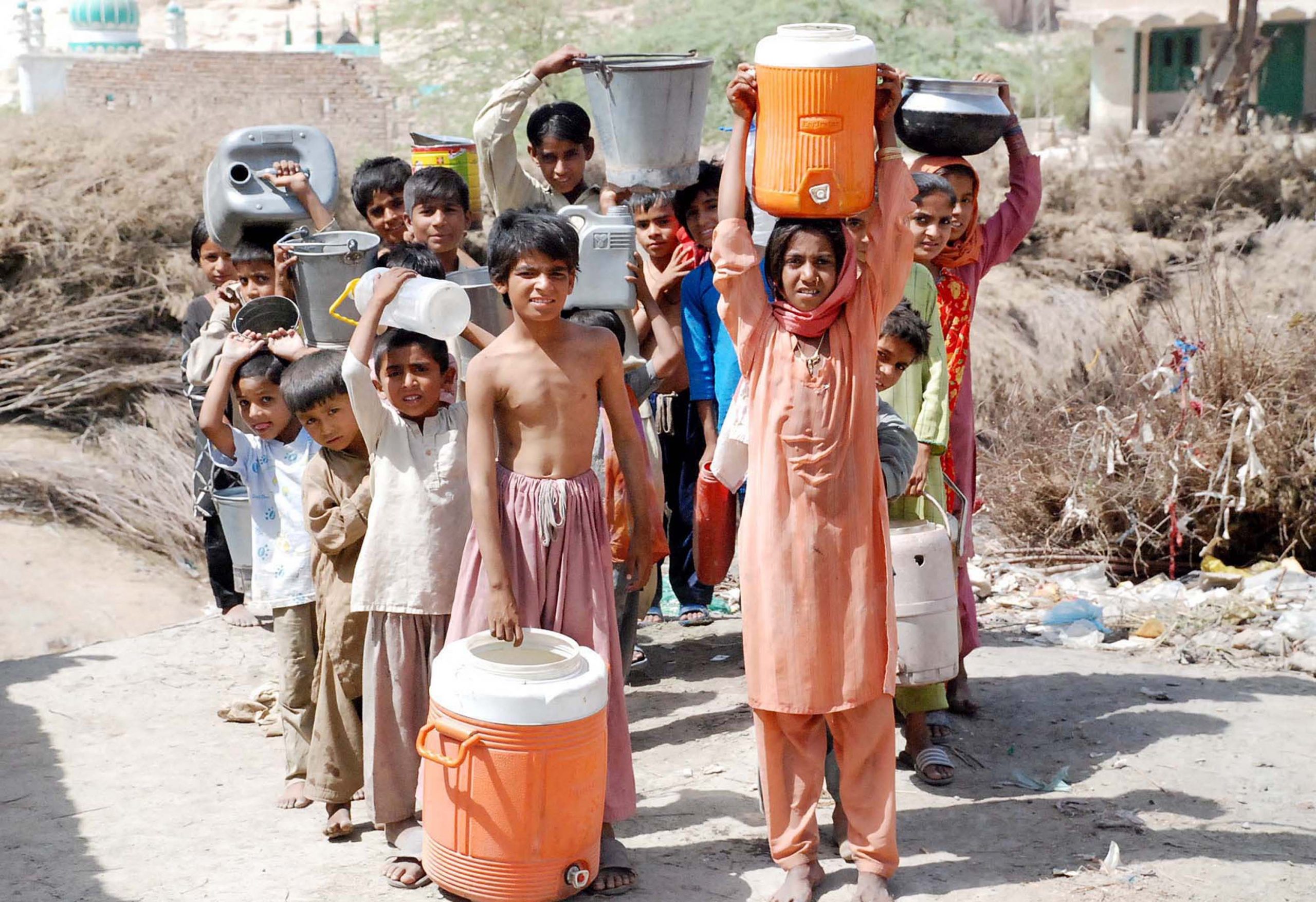[dropcap font="" size="50px" background="" color="" circle="0" transparent="0"]I[/dropcap]n the past two years, the cases of violence against Indonesian women jumped over 50 percent to 338,496 cases in 2021, according to
data compiled by the National Commission on Violence Against Women.
Schoolgirls have not been spared. They have been sexually assaulted by authority figures, such as a Christian
priest who was also the principal of a school in the city of Medan and an Islamic boarding
school principal in Bandung city in West Java.
As the survivors of sexual violence seek justice, they sometimes suffer added trauma. The victims are often blamed by their communities, Siti Mazumah, the director of the Jakarta chapter of the Legal Aid Foundation of the Indonesian Women’s Association for Justice, told
The Guardian.
They are sometimes forced to relive their harrowing experiences. One of the girls sexually assaulted by the priest in Medan was “made to take local police to the hotel and identify the room in which she was regularly assaulted,” reports
Al Jazeera.
Such travesties may soon be a thing of the past. On
April 12, Indonesia’s parliament finally passed the country’s sexual violence bill that finally puts the rights of victims first. The bill was initiated by the National Commission on Violence Against Women in
2012.
The new law is important because it details nine types of sexual violence, including forced contraception and cyber sexual harassment,
according to AP. It requires the police to investigate a report of sexual abuse. The new law reduces the requirement of two pieces of evidence to be presented in a criminal case to one item, in addition to the victim’s testimony. It also has provisions for the protection and recovery of the victims.
Elizabeth Ghozali, a lecturer in criminal law at Santo Thomas Catholic University in the city of Medan, told
Al Jazeera that the bill was a groundbreaking law. She said, “Previously, Indonesian law was only focused on punishment in sexual violence cases. … We need progressive law in Indonesia that thinks about the victims and accommodates their rights.”




















































